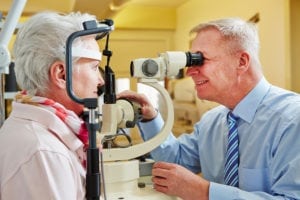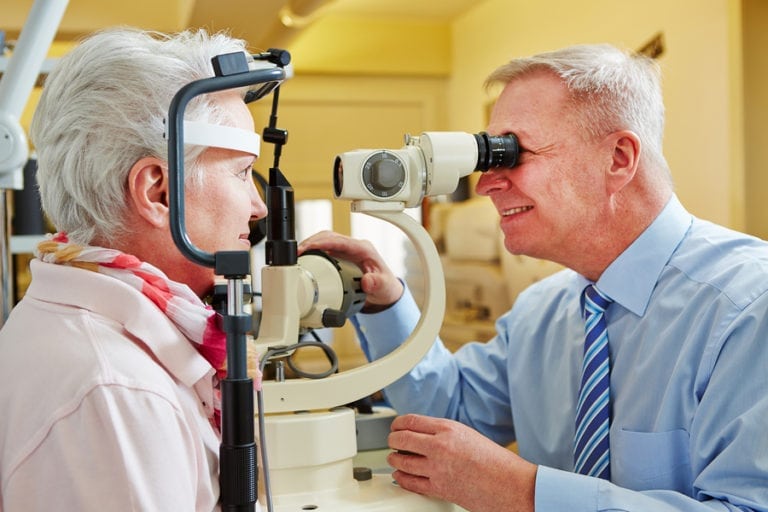Low vision is one of the most common issues of advanced age. Structural changes as well as the lingering effects of problems such as eye injuries, overexposure to the sun, personal history of smoking and excessive use of alcohol, and even use of certain medications, often results in diminished integrity of the sense of vision. From many seniors, these changes are so gradual they may not even realize they are happening until they become extensive, or your parent ends up in a dangerous situation.

As a family caregiver, it is important for you to be vigilant about your parents functioning and behavior to detect when they are abilities might have changed. That allows you to make adjustments to your care routine and to their environment that will help your parent to enjoy the lifestyle they desire while staying safe and healthy.
Some of the signs your parent may be suffering from diminished vision include:
- Increased instances of injuries such as bruises, scrapes, and scratches that might indicate your parent is tripping, slipping, or hitting things more often
- Increased frequency of falls
- Appearing to strain when attempting to read or do small, detailed tasks
- Turning on more lights than usual
- Adjusting the position of their glasses on their nose several times
- Not participating in favorite activities such as sewing, reading, or detailed crafts as frequently
- Asking for help reading things such as menus in restaurants, handwritten notes, or fine print on bottles
- Making comments about accidentally using the wrong ingredients when cooking, not noticing mold or other issues with food, or having difficulty telling me difference between similar packages
- Clothing that doesn’t match, but they look close, such as one black and one blue shoe
If your aging parent is showing signs of experiencing diminished vision, consider making home care a part of your care routine for them. As a family caregiver, you want to make sure your parent is as safe and comfortable as possible, and diminished vision that can put these at risk. The highly personalized services of a home care services provider, however, can help your parent to cope with the effects of diminished vision, while preserving their lifestyle as much as possible.
Through dedicated services such as mobility support, help with navigating the home, safe and reliable transportation, and even companionship and activities, this home care provider can help your parent maintain their independence, enjoy more activities, and preserve their mental and emotional health and well-being.






